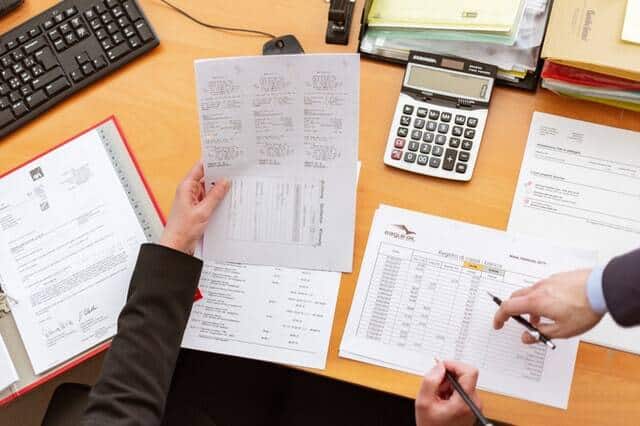Learn how to maximize cash flow to investors with a few tips in this blog post. Cash flow is one of the important measurements when determining if a property does well and is a good investment. Let’s discuss what cash flow is, how it differs from net operating income (NOI), how to budget for it, and how to manage cash flow.
What is Cash Flow?
Cash flow is the amount of income (or loss) available after all property payments have been paid. Property payments include mortgage payments, capital expenditures, operating costs, and other payments made to keep the property thriving. The amount of cash flow is determined by the following factors:
- Property vacancies
- On-time or late rent payments
- Maintenance or repair costs like property damage or an appliance stops working
- Operational expenses
Budgeting and planning for certain expenses help estimate your cash flow, however, unexpected problems change the cash flow amount.
Before investing, potential investors want to know your property’s cash flow. This helps investors understand whether your property is a good investment or not. When you are working with investors on the future distribution schedule, you should know all the inflows and outflows of your property. This increases their confidence about investing in your property. In another blog article, we give some advice to managing your real estate portfolio cash flow like a pro.
NOI vs. Cash Flow
Net operating income is calculated by subtracting property income and operating expenses. Property income is any rent payment, late fees, promotional events, and other miscellaneous revenue. Operating expenses include taxes, repairs, insurance, and similar expenses. Operating expenses do not include:
- Lease expenses or legal fees related to leases
- Mortgage payments and notes
- Escrow payments
- Depreciation or amortization
Balance sheets typically reflect what items go toward calculating cash flows in and out of your property. Outflow examples could be escrow account transactions and capital improvements while inflow examples might include tenant deposits and property refinancing.
How to Budget Cash Flow
Budgeting for your property’s cash flow is vital when you are reporting to your investors. Successfully making your NOI goal is excellent, but it doesn’t calculate all your inflows and outflows of your property. Property managers should concisely budget their cash flow and deliver on the goals promised to investors.
When budgeted cash flow meets investor’s expectations, it increases confidence in the investment and the property manager’s ability to run the property. Cash flow is a key performance indicator. Understanding all inflows and outflows of income allows property managers to see how their property is doing. If any type of income or expense is missed when budgeting, it could greatly affect your cash flow calculations.
Quick Tips for Cash Flow Management
Property cash flow management is stressful when you are trying to budget and plan every single outflow and inflow. Here are some quick tips to make understanding your cash flow easier:
- Check the cash flow amount monthly to make sure it is in line with your goals
- Seek accounting advice for guidance on your portfolio and if you need to make changes.
- Use trusted property management software to track your expenses like STRATAFOLIO. STRATAFOLIO tracks your property expenses and makes it easier to manage your properties. Schedule a 1:1 demo today!






